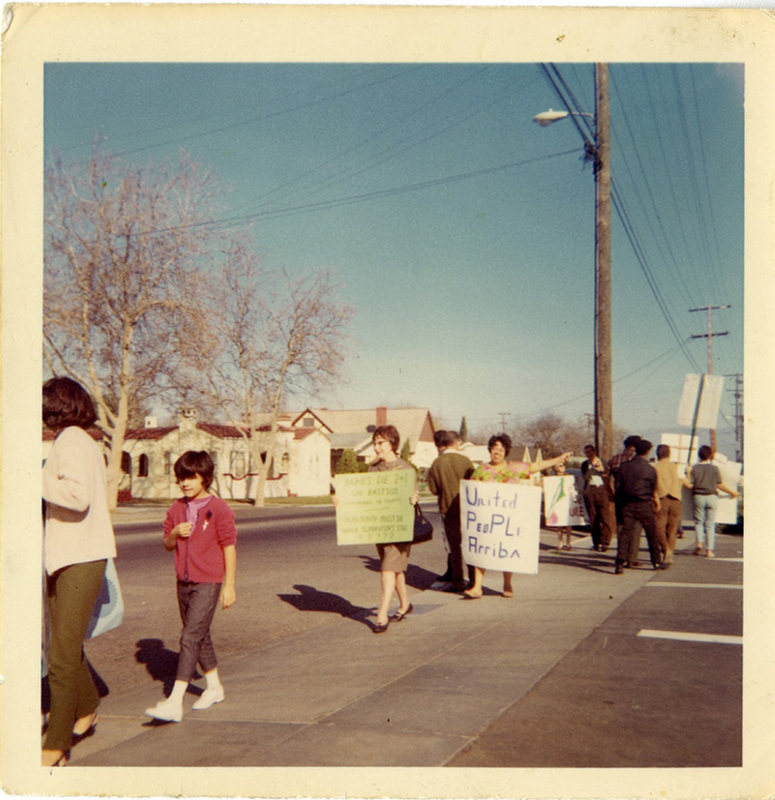-
Title
-
San José Local Groups Fight Discrimination in K-12 Education
-
Description
-
For Mexicans, the path from public school to college was fraught with many obstacles. Before WWII, most ethnic Mexicans attended public school only up to the 8th grade. After WWII, ethnic Mexican students attended public high school, and some even enrolled in college. Public education for immigrant groups typically emphasized Americanization, prioritizing English skills and useful trades. Although segregated schools were no longer legal in California after the 1947 Mendez v. Westminster case, schools in Mexican neighborhoods were often older facilities with fewer resources, and few had Spanish-speaking teachers. Ethnic Mexican high school students were not tracked to college. Frances Palacios, who attended San José public schools, described a meeting with her high school counselor: “I told him what I wanted to take. When I did, he told me I didn't have the brains for it and would probably fall through, and to continue taking typing and filing. So, I did. I didn't take any college prep courses, because he felt I was incapable” (Frances Palacios, Chicano Oral History College, Special Collections, SJSU Library). Palacios eventually earned a BA and an MA in order to become a high school counselor who would help ethnic Mexican students go to college.
Local ethnic Mexican parents became increasingly concerned about the poor quality of education that their children received. At Roosevelt Junior High School in San José, parents found that the police assigned to the school harassed ethnic Mexican students, and these children received discriminatory treatment from both teachers and other students. The parents pressured the school district and succeeded in replacing 36 teachers, a principal, and a vice principal. Despite the new faculty, the parents were still fighting structural inequality in the school system. Similar to other ethnic Mexican high school students throughout the U.S. in the 1960s, and in particular in 1967 Los Angeles (the first such action in California), students at Roosevelt Junior High School organized a “Blow Out” (or walkout) to resolve the educational inequalities.
The Chicano Movement established an empowering political and cultural identity that was both Mexican and American. Chicano students of all ages in Santa Clara County might be involved concurrently in local community organizations like United People Arriba (UPA – United People Upward) and the Brown Berets (BB), and in student-led groups like the Student Initiative (SI), the Mexican American Student Confederation (MASC), Mexican American Youth Organization (MAYO), and the United Mexican American Students (UMAS). Meeting with other Chicano student groups and other students of color, they found common ground with young activists throughout California and across the nation.
A chapter of MAYO was started at San José High School with the help of organizer Lino Lopez in 1968. At that time Lopez worked with Mexican American youth and local schools in Santa Clara County to create bilingual programs. MAYO, founded in 1967 in San Antonio, Texas, stressed Chicano cultural nationalism and direct political confrontation, using mass demonstrations involving both university students and teenagers to accomplish its goals.
-
Identifier
-
B4SV Exhibit Topic Six: Slide 012


